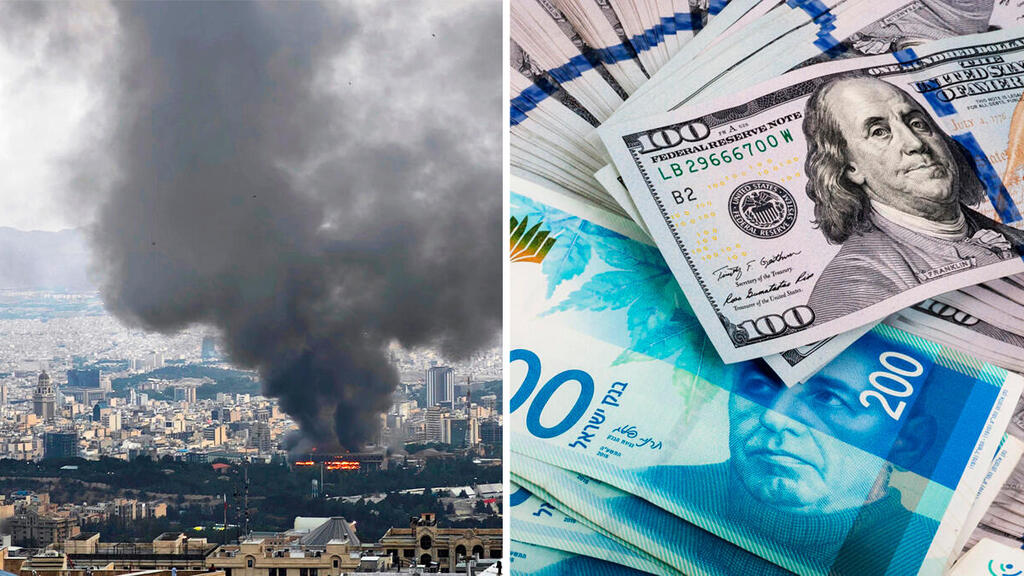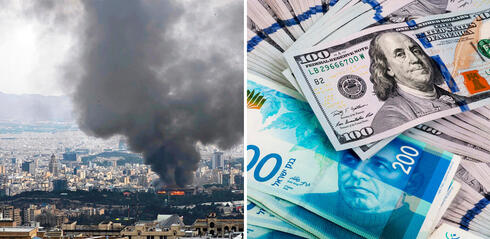
“If the campaign will be short-lived, foreign capital will flow into Israel, and new investments will follow”
Following the American intervention in Iran, and after the shekel strengthened by 3.5% last week: the dollar weakens by 0.5% against the local currency, the euro decreases by 0.8%.
The shekel continues to strengthen at the opening of the foreign exchange week, extending last week’s rally, fueled in part by the American attack on Iran. The U.S. dollar is down 0.5% to 3.47 shekels, while the euro has declined 0.8% to approximately 3.99 shekels.
In parallel, the Tel Aviv Stock Exchange opened with modest declines after six consecutive days of gains. This shift comes against the backdrop of renewed missile launches from Iran, which reportedly damaged Israeli infrastructure, including assets belonging to the Israel Electric Corporation.
Investors worldwide continue to seek shelter in the U.S. dollar, which is traditionally seen as a safe haven during geopolitical crises. The U.S. Dollar Index (DXY), which measures the dollar against a basket of major currencies, has risen by 0.4% to 99.1. The euro fell 0.2% to $1.149, and the British pound edged down 0.1% to $1.343.
Bank Hapoalim economists note: “The U.S. joining the campaign in Iran reinforces the optimistic scenario already priced into the local market. The Tel Aviv 125 index has gained around 7% since the start of the campaign, while the shekel strengthened by 3.5% last week against the currency basket.”
Related articles:
They add that market participants assign a high probability to the elimination of Israel’s strategic threat and a low probability of a prolonged war of attrition. Credit rating agencies, informed by past experience in Lebanon, are showing restraint in adjusting Israel’s ratings and focusing more on the duration of the conflict.
“In the optimistic scenario, which markets are increasingly leaning toward, and which current developments support, the campaign will be short-lived,” the bank's analysts wrote. “If so, Israel’s strategic threat map will shift, foreign capital will flow into the economy, and a wave of new investments will follow. War-related expenditures, even if they total tens of billions of shekels, are a small price compared to the potential long-term economic reward.”
